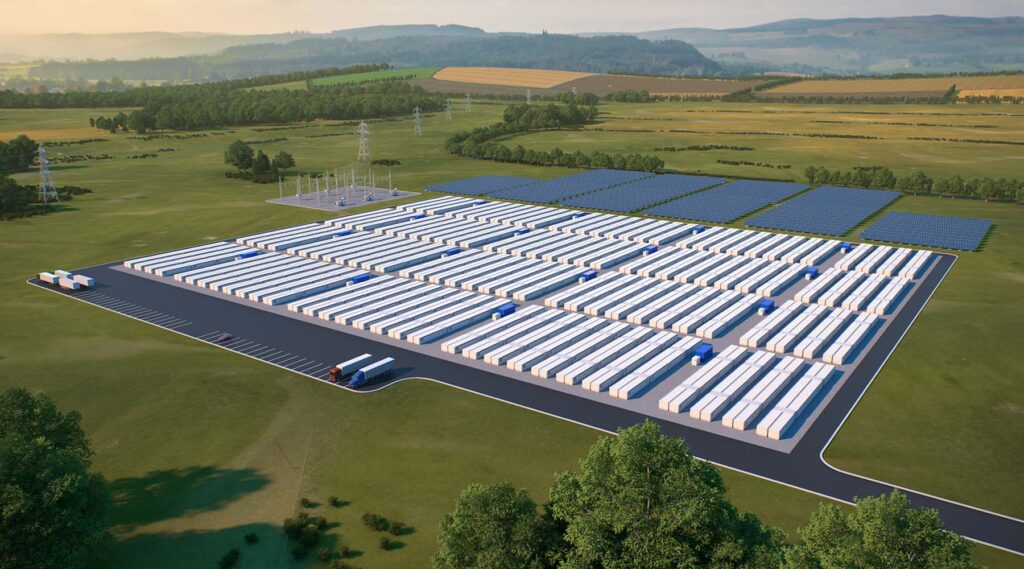Batteries developed in West Virginia will soon power a major energy storage project in Lincoln, Maine.
This week, the United States Department of Energy (DOE) announced it would provide more than $100 million to a “multi-day energy storage project” using batteries from Form Energy’s new Weirton factory, located in Hancock County.
The project is developing an energy storage facility in Maine using batteries made by the West Virginia plant. The facility will be able to store energy for up to 100 hours without recharging, ready for use. It is also part of a wider $2.3 DOE investment to strengthen the energy grid nationally.
State officials look at West Virginia’s role in the project as an opportunity to support the local economy, and bolster resources for the state’s energy sector.
“For generations, West Virginia has done the heavy lifting, doing everything asked of it to create a legacy as America’s energy and manufacturing powerhouse,” said Sen. Joe Manchin, I-W.Va., in a Thursday press release.
“This investment is great news for Weirton and signals that West Virginia will continue our proud tradition of helping power America,” said Sen. Shelley Moore Capito, R-W.Va.
Mateo Jaramillo, co-founder and CEO of Form Energy, said the newly announced plans mark “the largest energy storage project based on energy capacity announced yet in the world.”
The company is actively finishing construction on its factory in Weirton, breaking ground just over a year ago. It marks Form Energy’s first high-volume manufacturing facility, located on a 55-acre plot.
The company is currently testing its manufacturing lines and recruiting workers to prepare for higher-capacity production by the end of the year.
Jaramillo said the project could also help revitalize Weirton’s economy, “fostering sustainable development and long-term prosperity.”
The company came to the West Virginia community because of its “existing transportation infrastructure” and “strong talent base,” according to a Thursday press release.
West Virginia Secretary of Economic Development Mitch Carmichael said Hancock County’s role in the project shows that West Virginia remains a key player in industry and energy production nationally.
“West Virginians have always been willing to sacrifice for the energy, steel and work ethic needed by our great nation,” he said. “Our state’s interest in continuing our energy heritage with Form Energy is showing dividends.”
